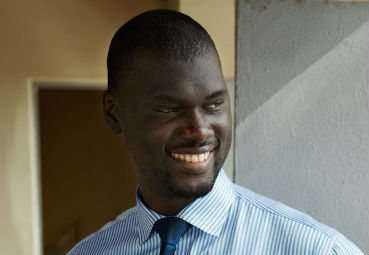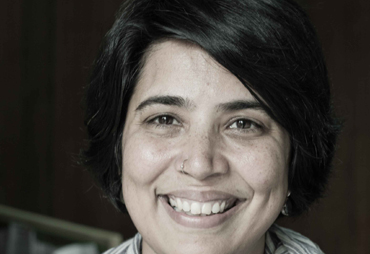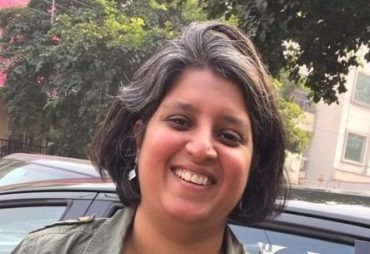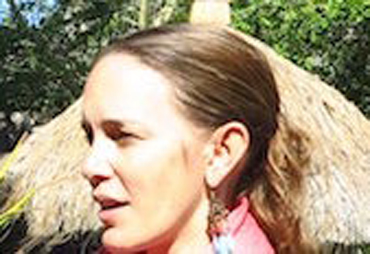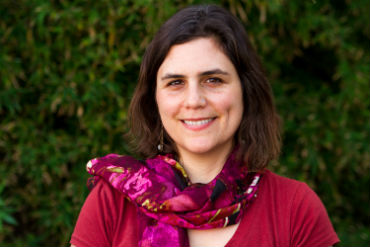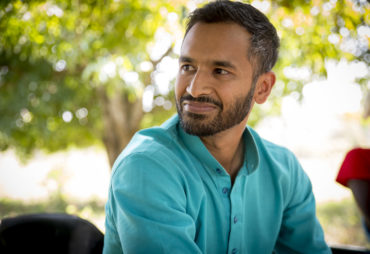Nearly every nation in the world has declared its commitment to the basic human rights of its citizens. In reality, governments rarely deliver on that promise. Billions of people live in impoverished communities, outside the protection of the law. They can be driven from their land, extorted by officials, denied essential services, and intimidated by violence. Governments, rather than upholding and executing the law, often are stymied by inefficiency, chronic underfunding, and insufficient data. Namati places the power of the law in the hands of the people. Namati trains and deploys grassroots legal advocates who work with communities to advance fundamental rights such as citizenship recognition, land tenure, and access to quality health care. Drawing on data from thousands of cases, Namati advocates for improvements to policies and systems that affect millions of people. Namati convenes the Global Legal Empowerment Network, more than 2,100 groups from 150 countries learning from one another and working together to transform the relationship between people and law.
Supported by a global movement of community paralegals, people are empowered to know, use, and shape the laws that affect their lives: citizens understand legal rights and how to challenge abuses. Governments improve laws and their administration, more effectively meeting their obligations to citizens.
Organizational Growth and Partnerships Growth allows broader deployment of paralegals; partnerships enable local NGOs to field teams of paralegals beyond what Namati supports directly.
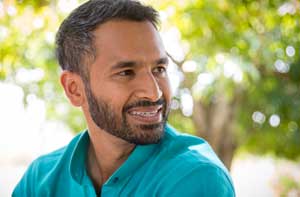
CEO, Namati
In 2003 Vivek Maru co-founded Timap for Justice in Sierra Leone, where he had moved as a recent Yale Law School graduate. The nation was just emerging from a decade-long civil war that grew from poor governance and misadministration. But expertise to enact and administer better laws and policies was sorely lacking. At that point, there were just 100 lawyers in all of Sierra Leone. Timap for Justice, which Vivek led until 2007, trained a frontline of paralegals in mediation, advocacy, education, and organizing. Vivek left for a four-year stint at the World Bank, and then founded Namati with seed funding from the Open Society Foundations and assistance from British and Australian aid agencies, to continue to build the movement for legal empowerment.


